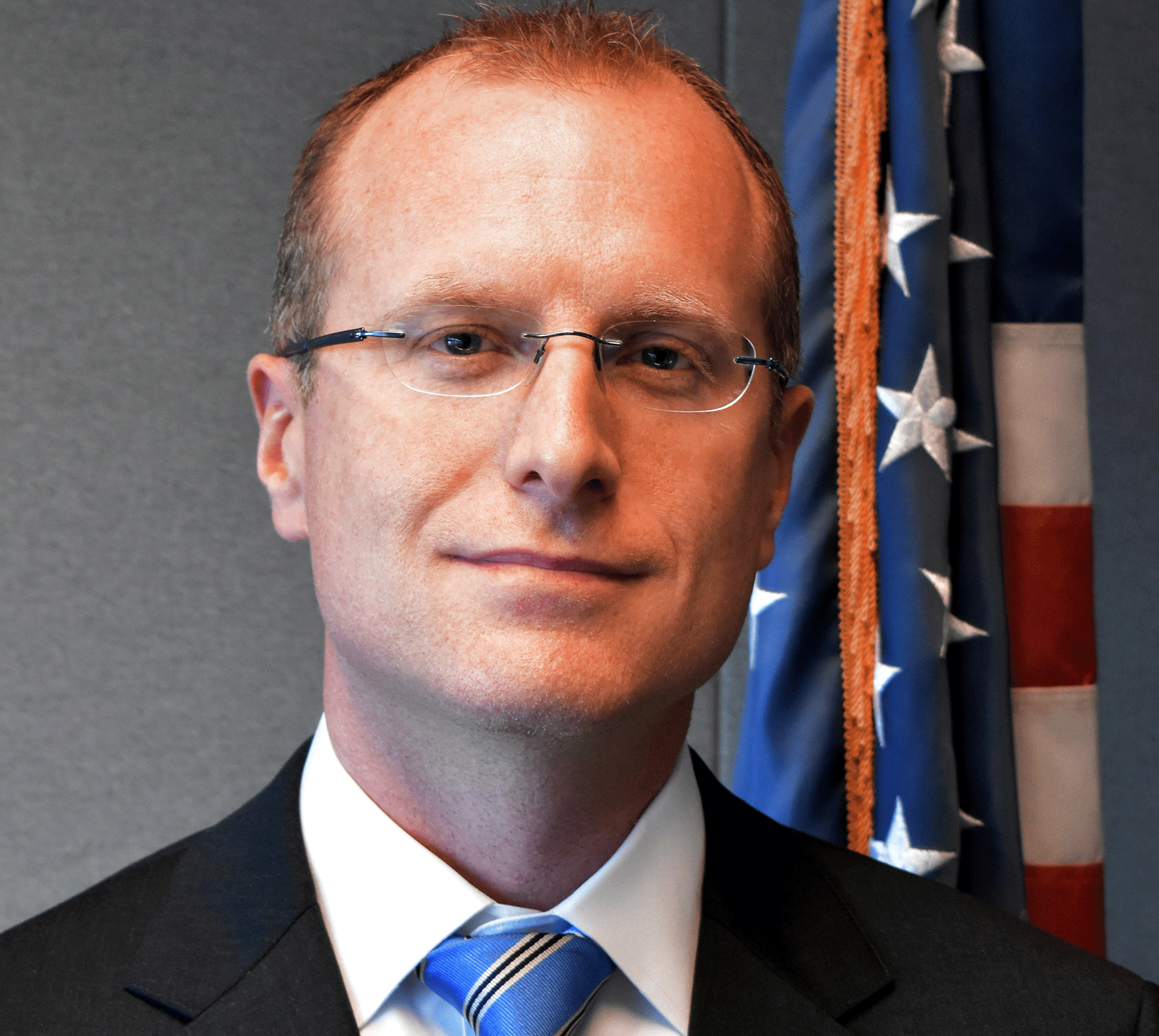FCC's Carr Backs 'Appropriately Scaled' Social Media Reg

FCC commissioner Brendan Carr said the hands-off approach to Big Tech has failed, likening it to the bipartisan approach to China and the Trump Administration's shift to one of "much more strength.
Carr was interviewed on the Hudson Institute's podcast, The Realignment, the last installment of that podcast under the Hudson aegis, where he was asked whether he agreed that he was breaking somewhat with deregulatory orthodoxy.
Carr suggested that he remained a limited government libertarian who believed the marketplace trumped heavy handed regulation.
Related: Pai Says He Won't Pre-Judge Sec. 230 Petition
But he also said that Big Tech has amassed more power than any entity in history, "with more control over more speech than anything we have ever seen." He said the preservation of individual liberty "can sometimes come in conflict with zero regulation of massive corporations."
He said there can be an appropriate government role when it comes to Big Tech that will "actually further liberty rather than inhibiting it."
The podcast came only a few days before the Trump Administration is petitioning the FCC to clarify under what circumstances the government can regulate social media, stemming from an executive order that Carr supports.
Multichannel Newsletter
The smarter way to stay on top of the multichannel video marketplace. Sign up below.
Asked how his position on regulating the internet has evolved, Carr said that initially he bought the high-level talking points about the Sec. 230 shield for Web sites from third-party liability were "the 23 words that created the internet" and the didn't want to tamper with that. But he said when he peeled that back, Twitter and Facebook and Google operate in Europe, where Sec. 230 doesn't apply. "So, maybe 230 isn't as integral to the way we have the internet today as it used to."
He also said he concluded that there were plenty of paths forward for reforming Sec. 230 and winding up with more speech and more viewpoints, which is what the section is all about.
Related: Rep. Khanna Says Big Tech Needs Well-Crafted Regulation
He said 230 is not an efficient, operating free-market, system, but one skewed by the presence of Sec. 230, "which gives one set of political actors special protections that every other political actor that aren't covered by that provision don't enjoy."
Carr said the Sec. 230 debate is a fork in the road. One path is historic approach of interpreting light-touch regulation as being "no-touch" regulation, the other is "appropriately scaled regulation." He said he applies it in many cases, but it does not to be "slavishly" applied. He said he voted to remove net neutrality rules, but is asked how he squares that with supporting more reg on Big Tech.
He said 1) the scope and scale of the power of Big Tech and ISPs is no longer comparable and 2) Big Tech's biased application of that power. He said there is much more reg on ISPs than edge providers. While the FCC eliminated the rules, but kept the transparency rules. He said the country would be better off if Big Tech had at least that transparency requirement. Big Tech is a "black box," he said. "There is just no transparency."
Contributing editor John Eggerton has been an editor and/or writer on media regulation, legislation and policy for over four decades, including covering the FCC, FTC, Congress, the major media trade associations, and the federal courts. In addition to Multichannel News and Broadcasting + Cable, his work has appeared in Radio World, TV Technology, TV Fax, This Week in Consumer Electronics, Variety and the Encyclopedia Britannica.

